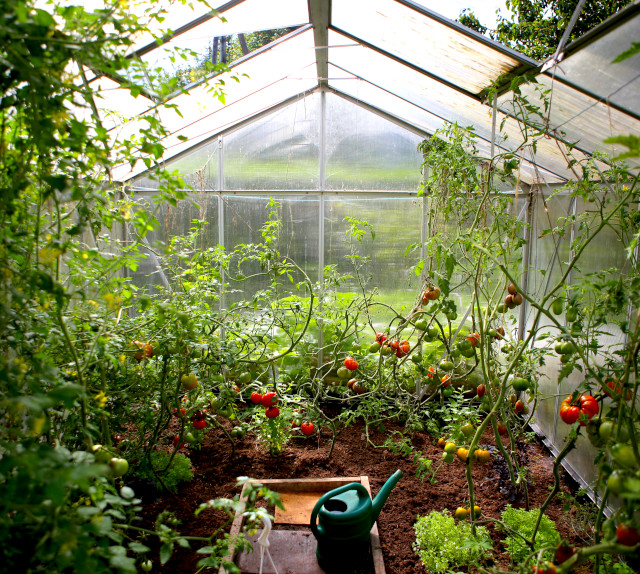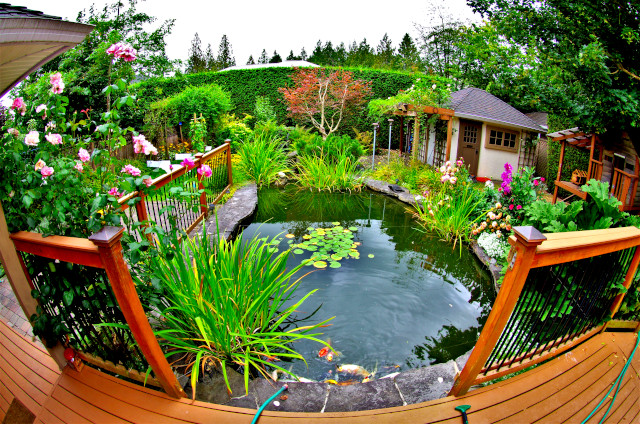Microclimates: Making the Most of Every Space
Microclimates are areas in your property in which the conditions of the area may differ from the hardiness zone predictions. Essentially, these areas could vary in temperature, dampness, and exposure to sunlight from the rest of your property. In fact, you may actually have experienced some of the effects of microclimates without realizing it! If you don’t know what to look for or how to use it to your advantage, you may have become a little annoyed with certain areas in your gardens at times.
Hot Microclimates
Thermal masses create one of the most common microclimates. These are hard surfaces like walls, fences, or even large rocks that absorb heat throughout the day. During the night, this heat releases to warm the surrounding area. So, if you have some plants that like to stay toasty warm, consider planting strategically to make the most of this natural radiator. In addition, you can enhance this area even more by adding a greenhouse or extra stones and rocks.

Cold Microclimates
On the other hand, there are some plants, like lettuce and peas, which like to stay cool. These types of plants would not thrive near thermal masses and the microclimates they create. Putting these plants in the dark and cool spots of your garden could extend your growing season. Less sun creates less warmth and essentially a new type of microclimate to experiment with. The most important thing to keep in mind is to be aware of what you want to plant. It is essential to know what kind of environment they thrive in, and how you can accommodate them within the space and microclimates you have. This is why planning your garden is essential.

Start with the Right Soil!
Also, make sure to give all of your plants the best growing medium possible. BigYellowBag Black Garden Soil is light and fluffy; it’s made up of a mix of black loam, peat loam, compost, and manure. Loam is a soil type comprised of sand, silt and clay in the right ratios so that there is a perfect balance of drainage and moisture retention. Packed with essential nutrients and organic matter, this soil is great for whatever you’re growing.
If you don’t know how to use them, microclimates can seem like a nuisance. However, they can be very beneficial! Learn to use them to your advantage to help extend your growing season and improve growing conditions for your plants.
